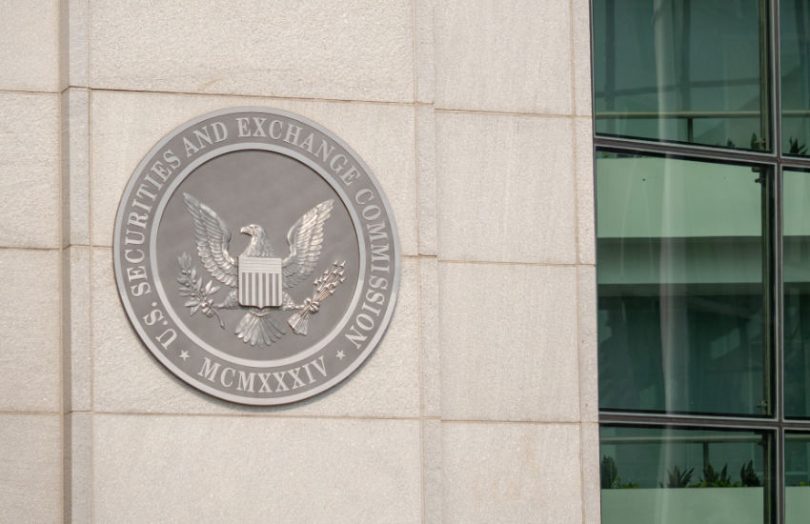The United States Securities and Exchange Commission (SEC) has requested companies to disclose any material exposures to bankruptcies or the crypto-asset sector more generally. This follows the FTX cryptocurrency exchange bankruptcy and other failures this year.
By using the term ‘material’, the SEC is only asking companies to disclose items that might impact their balance sheet or profitability to the tune of 10% or more. However, it also wants to see disclosures about crypto-assets used as collateral for loans because it’s likely that additional collateral may have been requested and the value of the collateral will have declined.
While it might be straightforward to determine whether a company is exposed to one of the bankrupt crypto firms, some of the SEC considerations might be more challenging.
For example, if it is material to the business, the SEC wants a company to assess its exposure to counterparties, customers, custodians or other participants in the crypto-asset sector. Apart from issues like excessive redemptions those parties were exposed to, it may be tricky to know whether a crypto firm has ‘experienced material corporate compliance failures’.
While it didn’t explicitly state it in the guidance, the SEC considers most crypto firms to have compliance failures because it deems most cryptocurrencies as securities. And the firms involved are not registered to deal with securities.
Earlier this year, the SEC issued an accounting rule requiring all companies that custody crypto-assets to put them on the balance sheet. Typically, assets held under custody are treated like client deposit boxes: they belong to the client and don’t touch the bank or custodian’s balance sheet. Hence, the SEC rule makes this on-balance sheet treatment highly unusual.
On the one hand, custody banks were unhappy about this rule as it strongly discourages them from providing crypto custody or even custody for digital securities. However, it also requires the pure crypto players to provide more details about the amount of crypto they look after, rather than just figures about their own assets.






